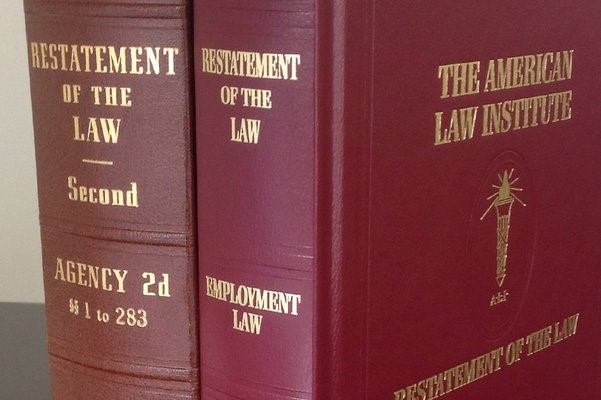Every 6 years or so, the Internal Revenue Service (IRS) requests that retirement plan documents be restated to comply with current law. While it’s a great thing for ERISA attorneys and third-party administrators, it’s not so great for plan sponsors who have to pay for it.
In the interim period between restatements, the IRS may require ancillary amendments, which are tack-on amendments with model language to comply with a small change where the IRS wants an amendment, but not a full-blown restatement.
We’re currently in the interim period and while there is a change in certain aspects of the disability retirement provisions that might require an amendment, there is no need for a full restatement. I recently saw a third party administrator tell an advisor whether they want to restate the plan document they didn’t draft. Beware that there maybe plan providers out there that want to charge for a full restatement when a tack-on amendment will suffice. Plan documents are usually only restated when there is a change in the law, substantial plan changes, and when a plan sponsor leaves plan providers whose prototype document they rely on. Otherwise, they may be more for what they really don’t need.







